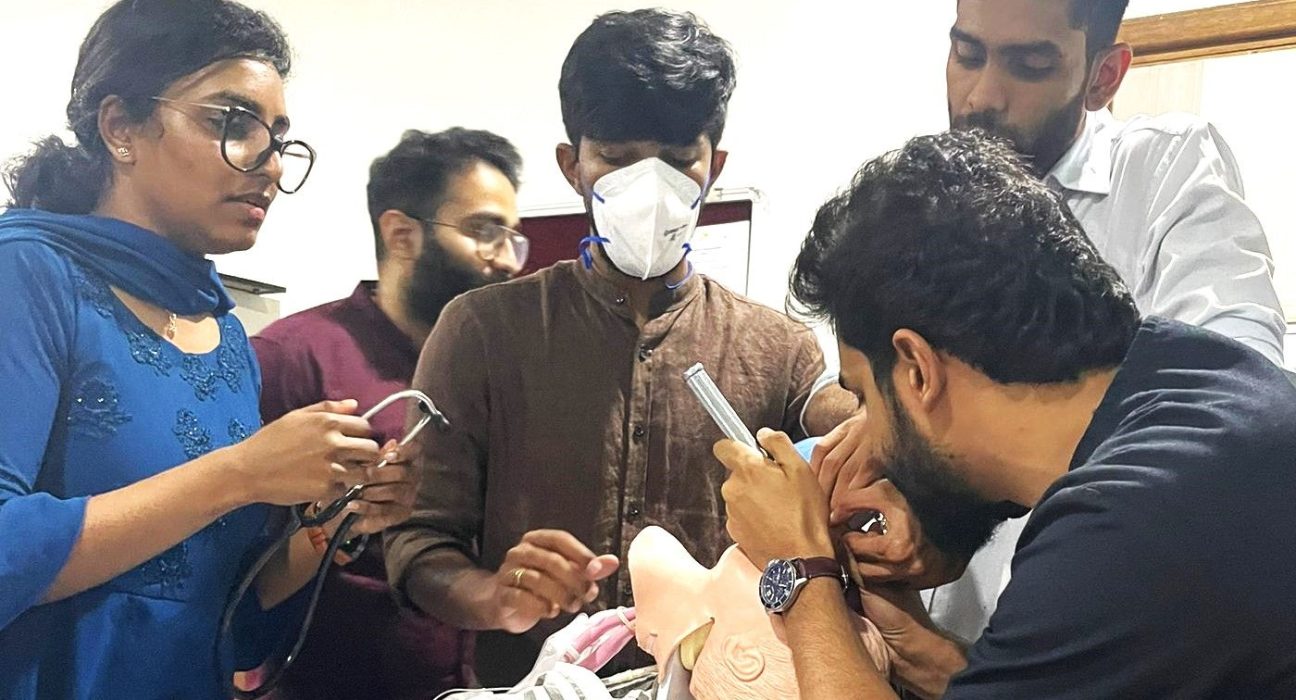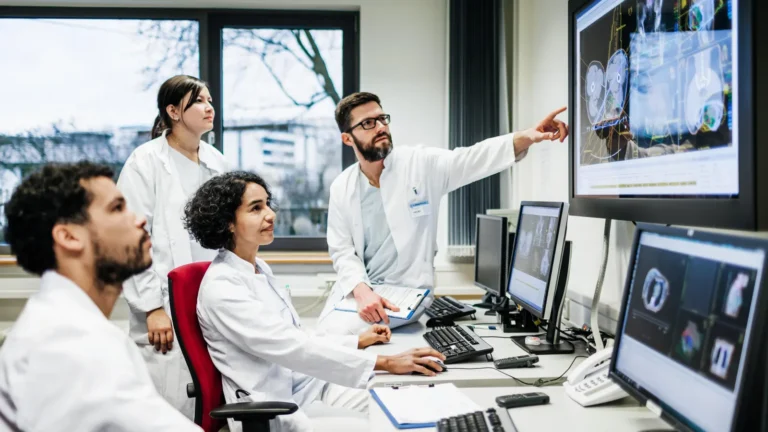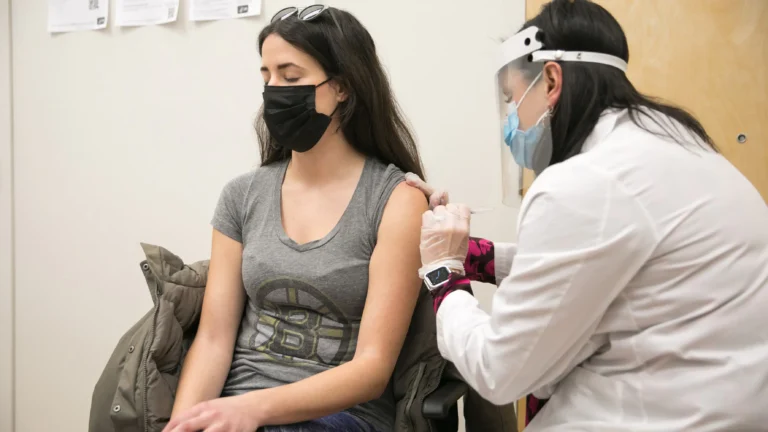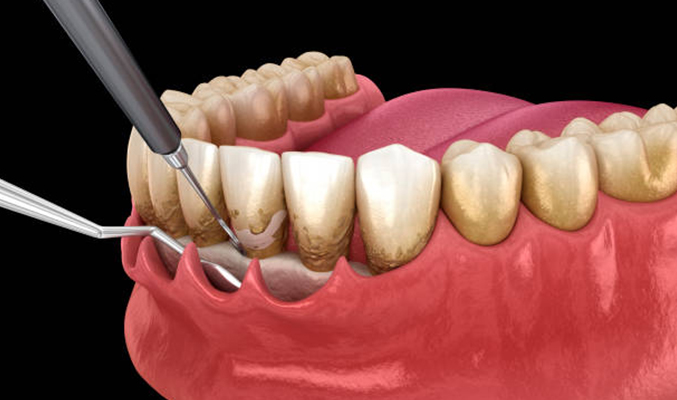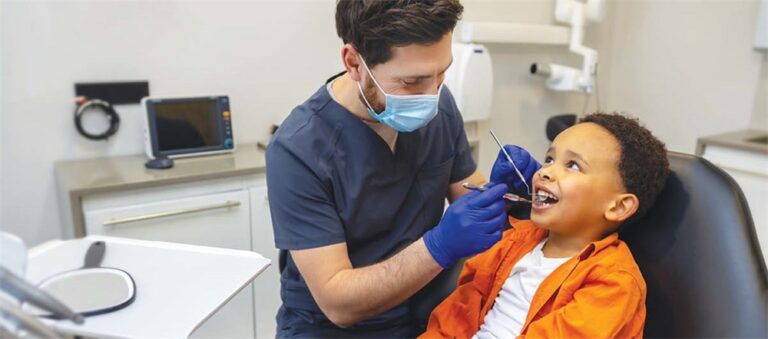In recent years, the field of emergency medicine has gained immense popularity, especially in a rapidly developing country like India. As the demand for healthcare professionals with specialized training in emergency care rises, many students are exploring advanced educational opportunities. One such opportunity is pursuing a master’s degree in emergency medicine. But there is a question many students are asking: “Can BPT students apply for an emergency medicine master’s in India?” This article will delve into this question and provide you with detailed information about the master’s program, its eligibility criteria, and why it’s an excellent option for BPT graduates.
What is Emergency Medicine?
Emergency medicine is a specialized field of healthcare that focuses on the treatment of acute illnesses and injuries. It is a branch of medicine that provides immediate care to patients who require urgent attention. Emergency medicine professionals work in various settings, including hospitals, urgent care clinics, and even in the field, responding to emergencies.
The primary goal of emergency medicine is to stabilize patients, manage acute conditions, and ensure they receive the appropriate treatment. This field requires a unique set of skills, including quick decision-making, excellent communication, and the ability to work well under pressure.
Why Consider a Master’s in Emergency Medicine?
As healthcare becomes more complex, the need for trained professionals in emergency medicine continues to grow. A master’s degree in this field offers several advantages:
- Specialized Knowledge: A master’s program provides in-depth knowledge of emergency medicine, including trauma care, disaster management, and advanced life support techniques.
- Career Opportunities: With a master’s degree, graduates can pursue various roles in emergency departments, trauma centers, and even academic positions in teaching hospitals.
- Professional Growth: The program enhances skills that are vital for career advancement, such as leadership, research, and clinical expertise.
- Impact on Society: Emergency medicine professionals play a crucial role in saving lives and improving patient outcomes. This field allows individuals to make a significant difference in their communities.
Can BPT Students Apply?
Now, let’s address the core question: Can BPT students apply for a master’s in emergency medicine in India? The answer is yes, but with certain conditions.
Understanding BPT (Bachelor of Physiotherapy)
BPT, or Bachelor of Physiotherapy, is an undergraduate degree that prepares students for a career in physical therapy. Physiotherapists focus on helping patients regain movement and manage pain after injuries, surgeries, or illnesses. They play a vital role in rehabilitation and improving the quality of life for their patients.
Eligibility Criteria for Emergency Medicine Masters
To apply for a master’s in emergency medicine, candidates typically need to meet the following criteria:
- Educational Background: Most institutions require candidates to hold a bachelor’s degree in a relevant field. BPT graduates are often eligible due to their healthcare background.
- Entrance Exams: Some universities may require students to take entrance exams. These exams assess the candidate’s knowledge and suitability for the program.
- Experience: While not always mandatory, having clinical experience in healthcare settings can enhance a candidate’s application.
- Age Limit: Some programs may have an age limit for applicants, so it’s essential to check specific requirements for each institution.
Institutions Offering Masters in Emergency Medicine
Many esteemed institutions across India offer master’s programs in emergency medicine. Here are a few notable ones:
- All India Institute of Medical Sciences (AIIMS): Known for its rigorous training programs, AIIMS offers a master’s in emergency medicine, focusing on clinical skills and research.
- Post Graduate Institute of Medical Education and Research (PGIMER): This institute provides advanced training in emergency medicine, emphasizing hands-on experience.
- Kasturba Medical College (KMC): KMC offers a master’s degree with a comprehensive curriculum covering various aspects of emergency care.
- Manipal University: This university offers a specialized program in emergency medicine, including practical training in simulation labs.
- Indian Institute of Emergency Medical Services (IIEMS): IIEMS focuses on developing skilled professionals equipped to handle emergency situations efficiently.
The Application Process
Applying for a master’s in emergency medicine involves several steps. Here’s a general overview:
- Research Programs: Begin by researching different institutions and their specific programs. Look for curriculum details, faculty qualifications, and facilities.
- Prepare Required Documents: Most applications require documents like academic transcripts, a statement of purpose, and letters of recommendation. Make sure to prepare these well in advance.
- Entrance Exams: If the institution requires an entrance exam, prepare for it thoroughly. Many students benefit from mock tests and study groups.
- Submit Application: Complete the application form, ensuring all information is accurate. Submit your application before the deadline.
- Interviews: Some programs may conduct interviews as part of the selection process. Prepare for these by practicing common interview questions related to emergency medicine.
- Await Results: After the selection process, you will receive notifications regarding your admission status. Be patient and keep checking for updates.
Skills Developed During the Master’s Program
A master’s in emergency medicine equips students with various skills essential for the field. Some key skills developed during the program include:
- Clinical Skills: Students learn to assess and manage acute medical conditions, including trauma care, resuscitation, and emergency procedures.
- Decision-Making: The program enhances critical thinking and decision-making abilities, enabling students to act quickly in emergencies.
- Communication: Effective communication is vital in emergency medicine. Students learn to interact with patients, families, and other healthcare professionals efficiently.
- Teamwork: Emergency care often involves working in teams. The program fosters teamwork skills essential for collaborative patient care.
- Research Skills: Many programs include a research component, allowing students to engage in projects that contribute to advancements in emergency medicine.
Career Opportunities After Graduation
Graduating with a master’s in emergency medicine opens up various career opportunities. Here are some potential roles:
- Emergency Medicine Physician: With additional qualifications, graduates can work as emergency medicine doctors, providing acute care in hospitals.
- Trauma Coordinator: These professionals oversee trauma care protocols, ensuring patients receive appropriate treatment.
- Emergency Medical Services (EMS) Director: Graduates can work with EMS organizations, coordinating emergency response efforts.
- Clinical Educator: Those interested in teaching can pursue roles in educational institutions, training future healthcare professionals.
- Researcher: Graduates can engage in research, contributing to advancements in emergency medicine practices.
Challenges in Emergency Medicine
While emergency medicine is rewarding, it also comes with its challenges. Some common challenges include:
- High Stress Levels: Working in emergency medicine can be stressful due to the urgent nature of care required. Professionals must manage their stress effectively.
- Long Hours: Emergency medicine often involves long and irregular hours, which can affect work-life balance.
- Complex Cases: Professionals may encounter complex cases that require quick thinking and problem-solving skills.
- Emotional Toll: Dealing with critically ill patients and traumatic situations can take an emotional toll on healthcare professionals.
Conclusion
In conclusion, pursuing a master’s degree in emergency medicine is an excellent option for BPT graduates in India. The field offers numerous opportunities for professional growth and the chance to make a meaningful impact on society. By understanding the eligibility criteria, application process, and skills developed during the program, BPT students can make informed decisions about their future careers. So, if you’re a BPT student considering your next steps, don’t hesitate to explore the exciting world of emergency medicine!





